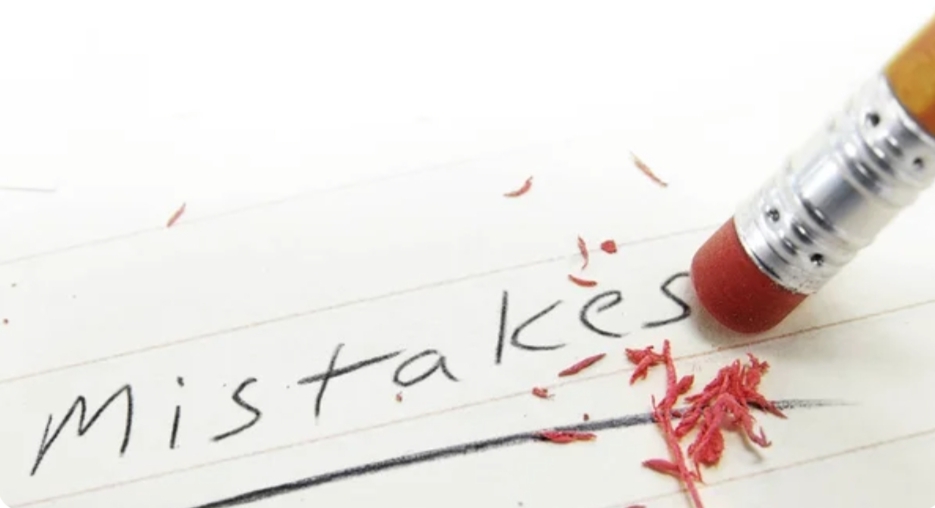
Lying is often seen as a negative behavior, one that is associated with deception, mistrust, and even manipulation. However, there are times when lying can be necessary or even beneficial. While honesty is highly valued in society, there are certain situations where we feel that there’s a need to lie.
One of the main reasons why people feel the need to lie is to protect themselves or others. In some cases, telling the truth can lead to negative consequences. Such as hurting someone’s feelings or putting oneself in danger. For example, if someone asks you how they look in a new outfit and you think they don’t look good, you may choose to tell a white lie in order to spare their feelings. Similarly, if someone is in a dangerous situation and lying is the only way to protect them, then it can be justified.
Another reason why people lie is to avoid conflict or confrontation. Sometimes, telling the truth can lead to a heated argument or disagreement. In these cases, a little white lie can help smooth things over and prevent unnecessary tension. For example, if a friend asks you for your opinion on something and you know it will hurt their feelings, a small lie can help maintain the peace and avoid unnecessary drama.
Lying can also be a form of self-preservation. In a competitive or cut-throat environment, such as the workplace or in a relationship, people may feel the need to lie in order to get ahead or protect their own interests. This can involve exaggerating one’s accomplishments, hiding one’s true feelings, or manipulating others for personal gain.
Lying can be a useful tool in certain situations. It is important to remember that honesty is still the best policy in the long run. Constantly lying or deceiving others can lead to a loss of trust and credibility, ultimately damaging relationships and reputations. It is important to weigh the consequences of telling a lie and consider whether the benefits outweigh the potential harm.
Therefore, there are times when lying is necessary or beneficial. Whether it is to protect oneself or others, avoid conflict, or preserve one’s interests. However, it is important to use discretion when deciding when to lie and to consider the potential consequences of one’s actions. Honesty is still the best policy in most situations, and lying should only be used sparingly and thoughtfully.










